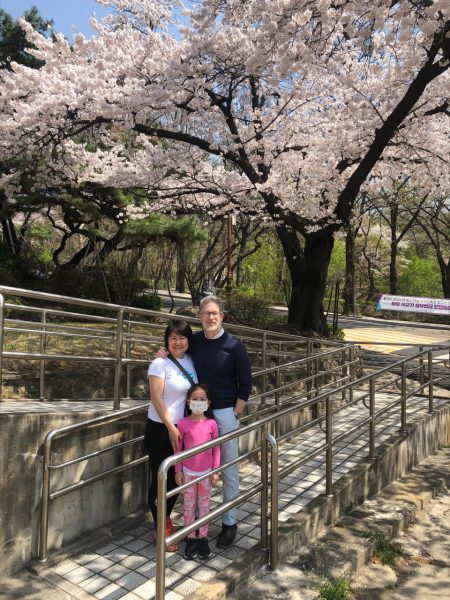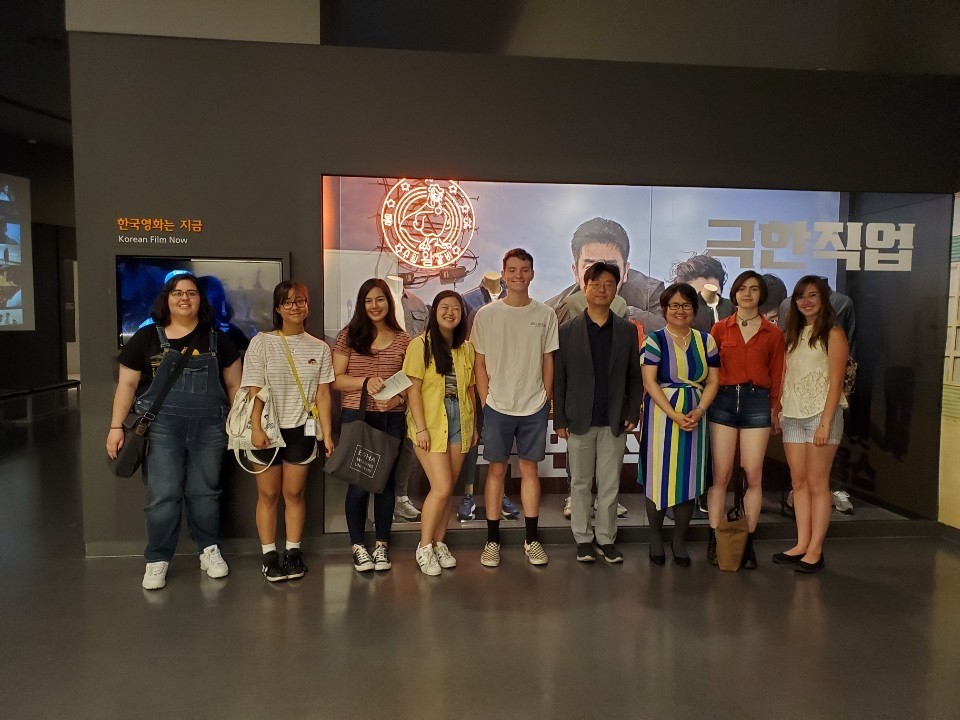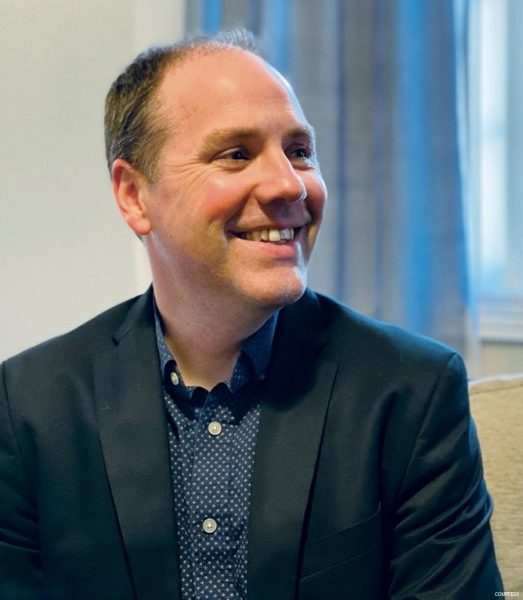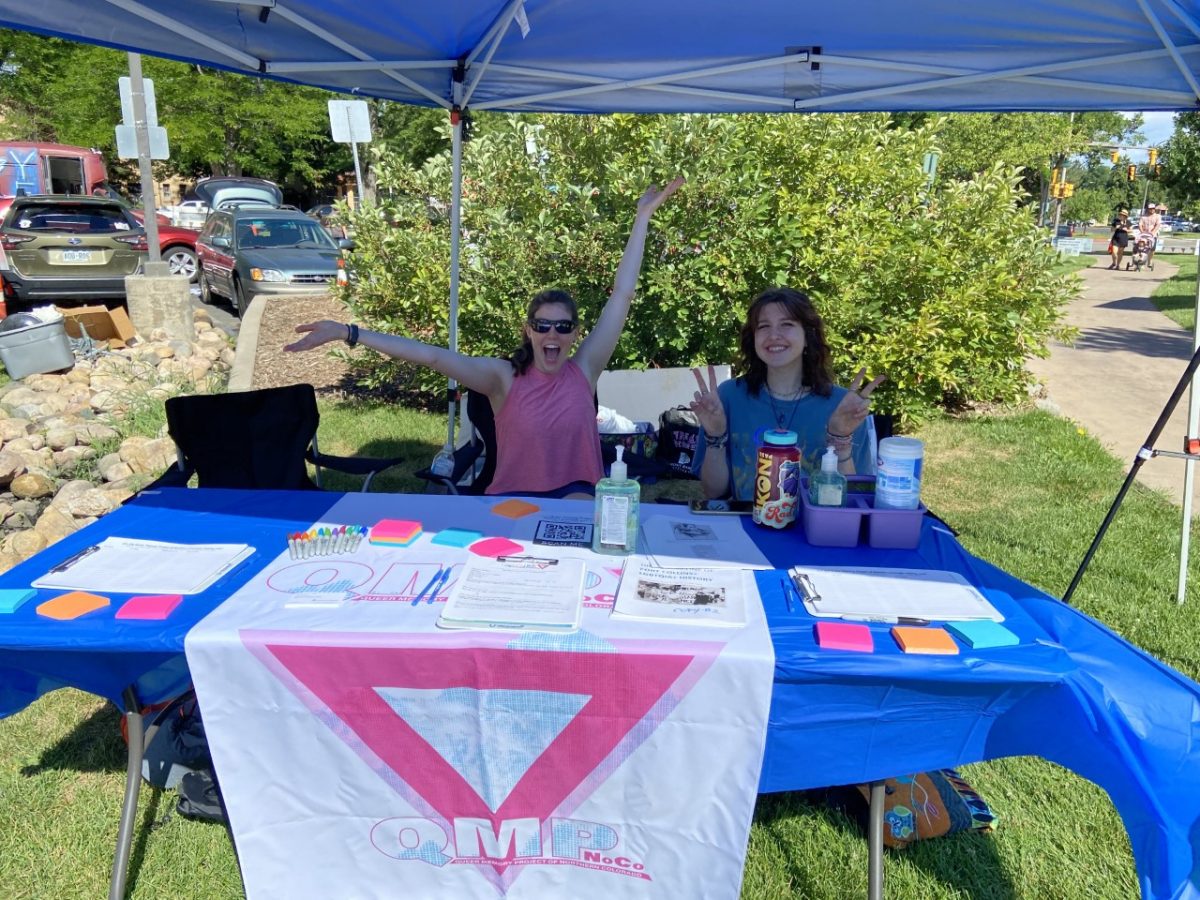
One of the things Communication Studies scholars do is critically examine what our culture perceives. A culture’s anxieties and obsessions can be perpetuated or changed by the way people communicate with one another. We broaden and reveal our own perspectives when we examine what we think and talk about and why.
Film scholars like Professor Hye Seung Chung examine movies and television, whereas rhetoric scholars like Associate Professor Thomas Dunn turn their attention to public speaking and other public media texts to reveal these anxieties and obsessions. Chung specializes in Korean cinema, and Dunn in queer rhetoric. Both realms have seen a meteoric rise in popularity in the US in recent decades. This heightened awareness of Korean film and of the lesbian, gay, bisexual, transgender, and queer (LGBTQ+) experience has meaningful effects on American culture.

International film students don’t take their own culture for granted
There’s no doubt that Korean film and TV are more popular than ever in America. In 2020, Parasite became the first non-English film to win the Academy Award for best picture. And Squid Game remains Netflix's most watched show or film ever.
“Squid Game was a true game changer,” says Professor Hye Seung Chung, a renowned expert in South Korean cinema, but, she adds, this newfound popularity was a long time coming. At the turn of the century, there was a renaissance of new films in the domestic Korean market “heralded by such blockbusters as Shiri (1999) and Joint Security Area (2000),” Chung says.
In the classroom, Chung’s students learn to take a new, almost outsider’s perspective on American culture by critically examining another culture’s media. “Korean films often reflect the sentiment of people who were not masters of their own (national) destiny. American cinema is the exact opposite,” she explains. While discussing two black-and-white Korean films from the 1930s and ’40s, Chung’s Korean Film History class makes connections between the European colonization of America and the Japanese colonization of Korea. One student points out the similarities between the oppression of Native Americans and indigenous Koreans. Another student interpreted Squid Game as an allegory of U.S. control of Korea.

When asked how filmmakers communicate to diverse audiences, Chung explains, “There is no doubt that both Bong Joon-ho (director/writer of Parasite) and Hwang Dong-hyuk (director/writer of Squid Game) intentionally prepared for global markets/audiences…. They deliberately insert these cross-cultural, intertextual references to make their texts more familiar and less foreign to global audiences. However, their films are also grounded in Korean realities of class division and wealth inequality, not common subjects in Hollywood films.”
Chung was just awarded CSU’s 2023 Scholarship Impact Award, and in 2021-2022 she pursued a Fulbright Scholarship at Ewha Woman’s University in Seoul to provide a revisionist understanding of state film censorship during Cold War military regimes in South Korea. Chung conducted research at the nearby Korean Film Archive, one of the many sites she likes to visit each summer with her Seoul study abroad students, where students learn about historical, sociopolitical, and cultural contexts of modern Korea (from national division and U.S. imperialism to military dictatorships and globalization) while meeting local students and engaging in a variety of Korean customs and modern life.
Films are important cultural texts that broaden students’ perceptions of their own history and global history. While Chung’s students certainly learn a great deal about Korean culture and history through Korean film and TV, they also gain a new perception of their own culture, and of their identities as global citizens.

Queer Memory Project shifts perceptions in northern Colorado
The US Supreme Court’s landmark 2015 ruling legalizing same-sex marriage reflects shifting attitudes about LGBTQ+ people. But this exciting progress also exposes the discrimination LGBTQ+ people have and often continue to experience across America.
The Queer Memory Project of Northern Colorado (QMP), founded by Associate Professor Thomas Dunn in 2021, engages CSU students to help tell the stories of our local LGBTQ+ community. “We rediscover and use the queer past of this community to change wider perceptions—to make this community more safe, more welcoming, and more inclusive,” says Dunn. “Some of our community elders in particular went through many painful years where they were wrongly perceived as dangerous, immoral, or ridiculous in this community,” Dunn explains. “They lost homes, jobs, friends and family, and in some cases, their lives because they were perceived harshly by the community at large. But they also fought back against these perceptions, creating spaces and relationships… where they were affirmed themselves before turning to shift hostile perceptions in northern Colorado.”

The LGBTQ+ community is the most visible it’s ever been in American culture thanks to work by organizations like the QMP. Through research assistantships, volunteer work, and Dunn’s Communicating the Queer Past course, the CSU students help to rediscover and share this queer past. Last year, the QMP and students in the course published a Fort Collins LGBTQ+ Timeline online to begin to share the queer community’s local story. The project’s online archive makes available more than 200 documents, images, photographs, news reports, ephemera, and more on the local LGBTQ+ experience as an educational resource.
Through the QMP, Dunn, his students, and our northern Colorado community are using perception to reveal hidden pasts and help change the cultural narrative toward one in which all LGBTQ+ people are welcome for who they are. Perception has been, as Dunn puts it, “an effective rhetorical strategy,” but “visibility can be a trap as well. It can expose queer and trans people to verbal abuse, discrimination, and even threats or acts of violence.”
Amid increased visibility, communication is essential to fighting discrimination and caring for community. “We need to communicate about queerness in different ways if we want to push back against evolving anti-queer biases,” Dunn says. “If people are interested in sharing their stories with the Queer Memory Project, either as members of the Northern Colorado LGBTQ+ community or queer/trans CSU alumni,” Dunn adds, “we would love to hear from them! They can get in touch via our website: qmpnoco.org.”
Dunn was recognized recently for his work when The Advocate magazine named him the state of Colorado’s “Champion of Pride 2022.”
